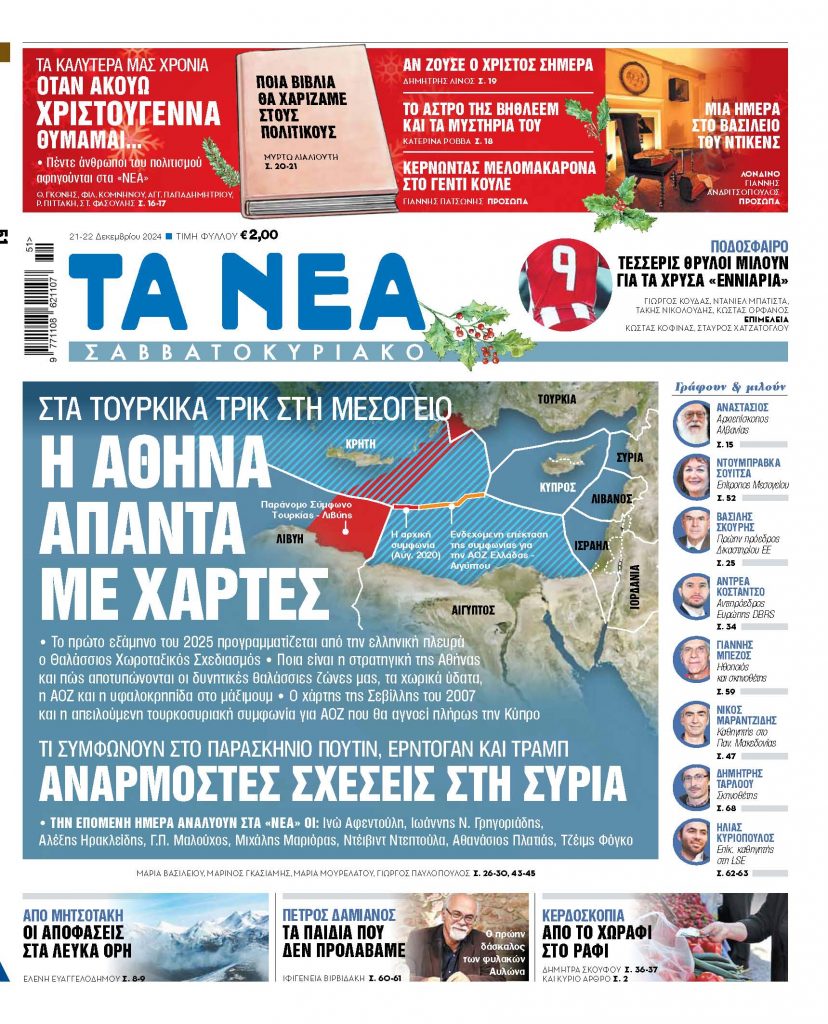In stating yesterday that “Greece has not yet been 100 percent unbound”, European Stability Mechanism (ESM) chief Klaus Regling was referring to Greece’s commitments to its creditors.
In fact, those commitments are multi-faceted. The do not concern only the agreements reached between Greece and its creditors. They are linked to Athens’ efforts to persuade markets that the country’s economy is strong enough to be trusted.
Is it? One need only cast a glance at the surrounding environment for the answer. The chaos triggered in Italy by the statement of a single MP about a return to the Lira, which caused turbulence in the markets, did not only hike the cost of borrowing for Italy, but also for Greece.
That means that it does not suffice for Greece to prove its own trustworthiness, because it is linked to the trustworthiness of other weak links in the eurozone.
All that must be taken into consideration by the government and its economic team. The cash buffer that it has at its disposal is only a temporary life vest.
The essence is that our country is barred from the markets, and for the time being there is indication that this will change very soon. In the contrary, the terms of borrowing from the markets are ever more difficult.
Obviously, one cannot speak of Greece being 100 percent unbound.
There are only shackles.








